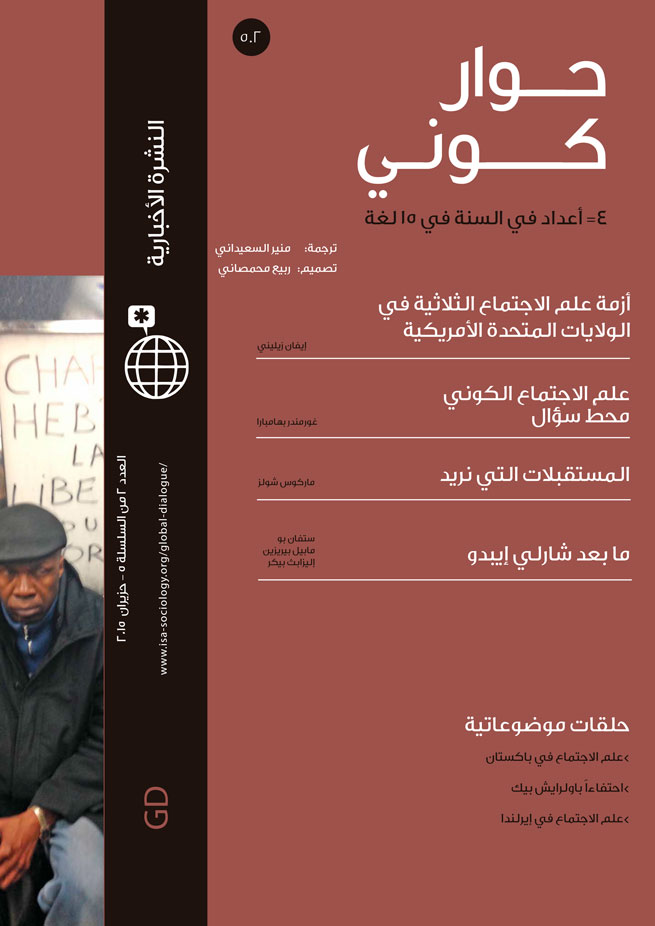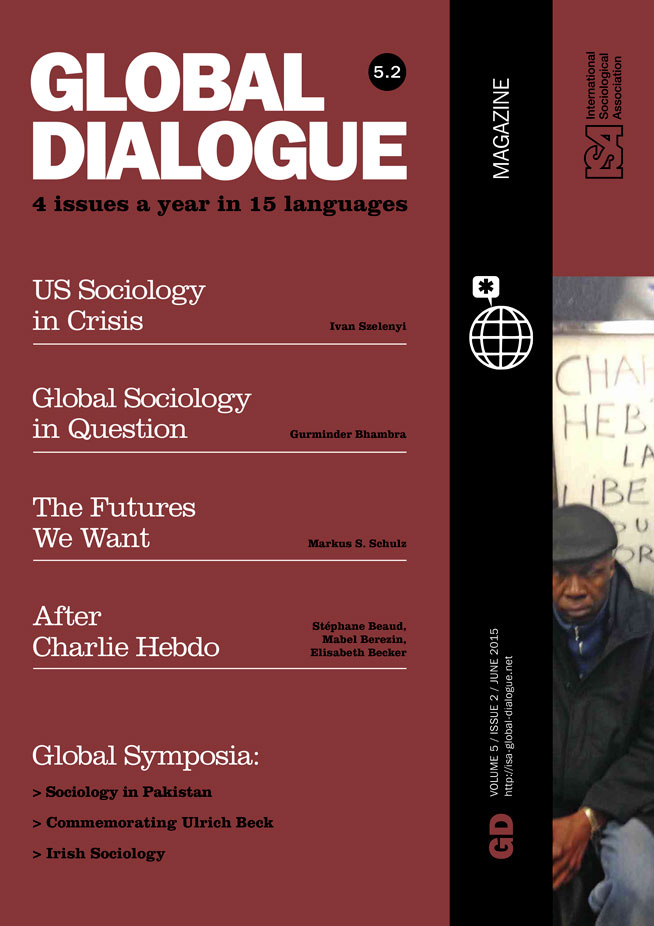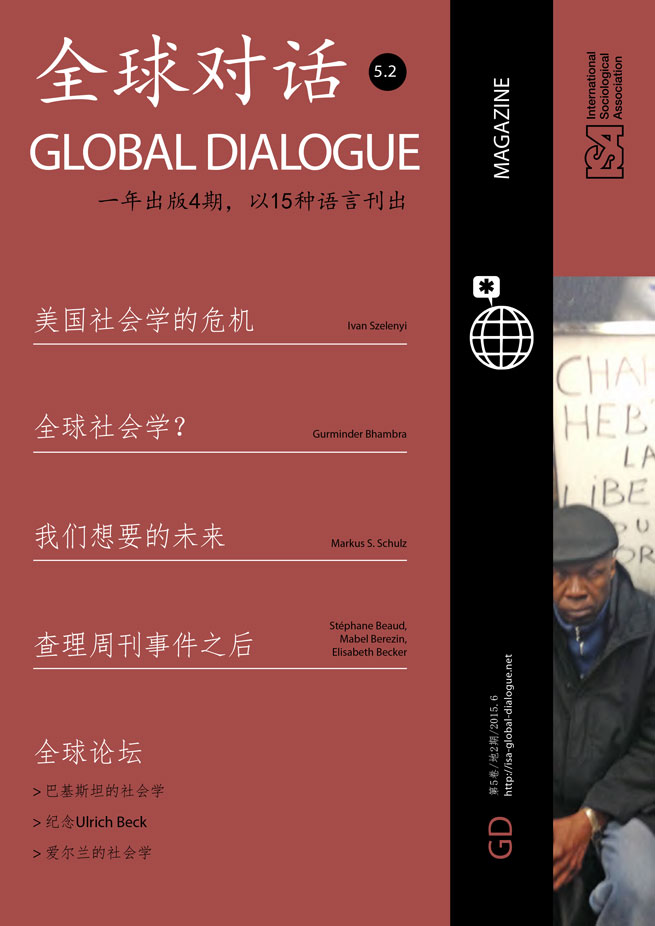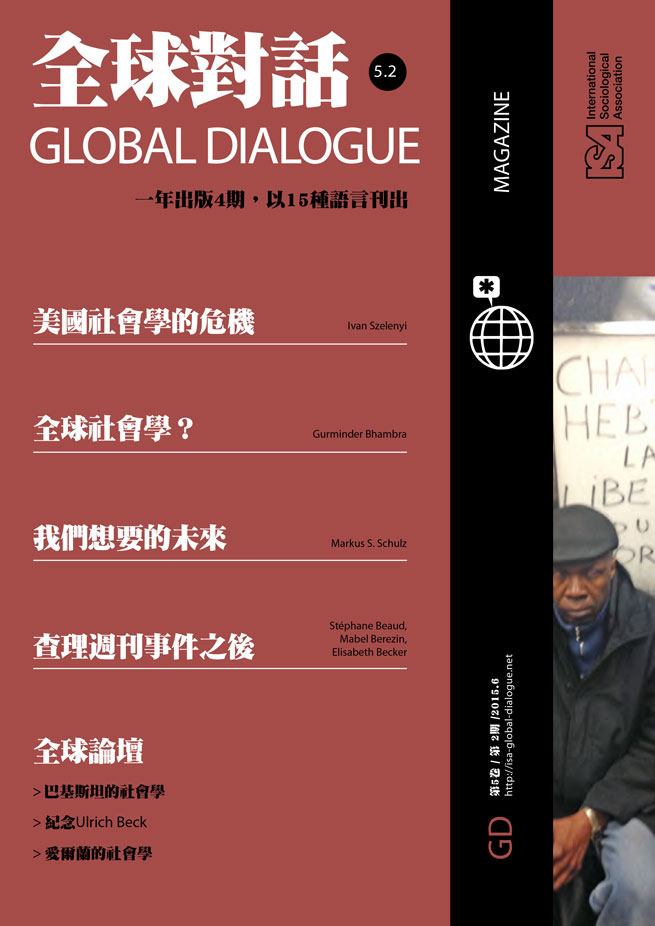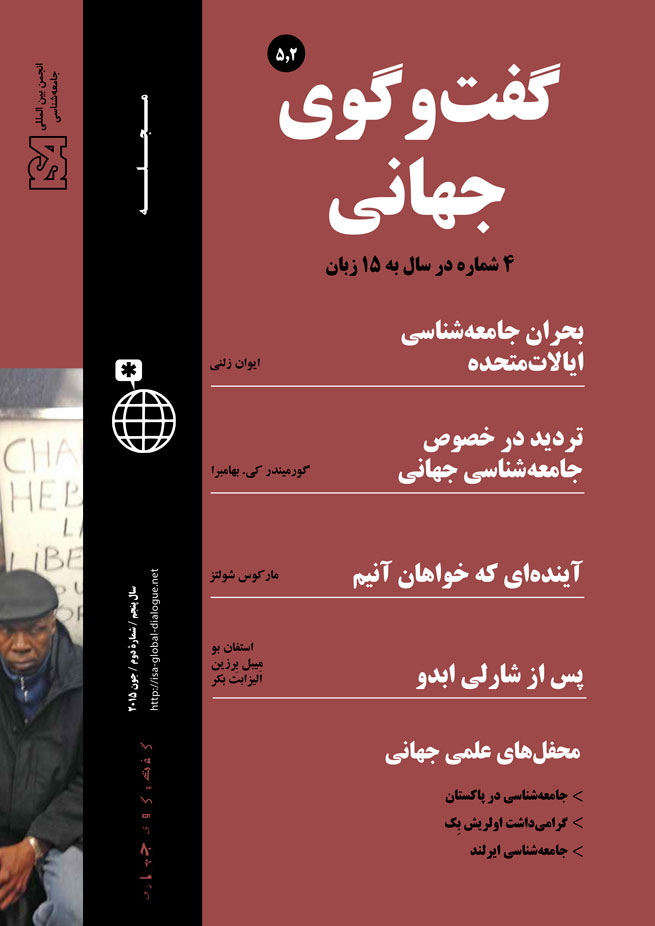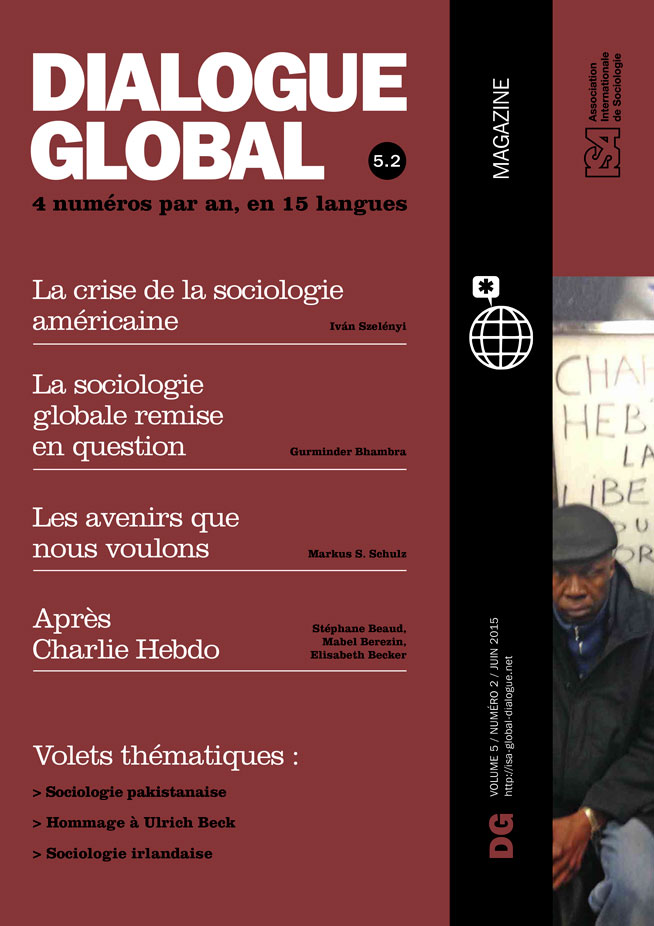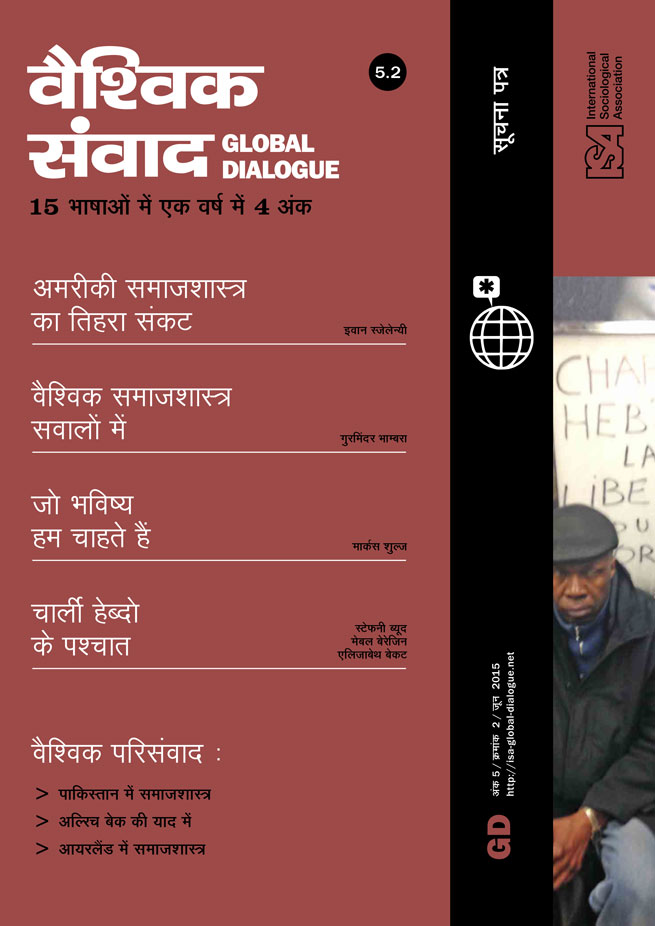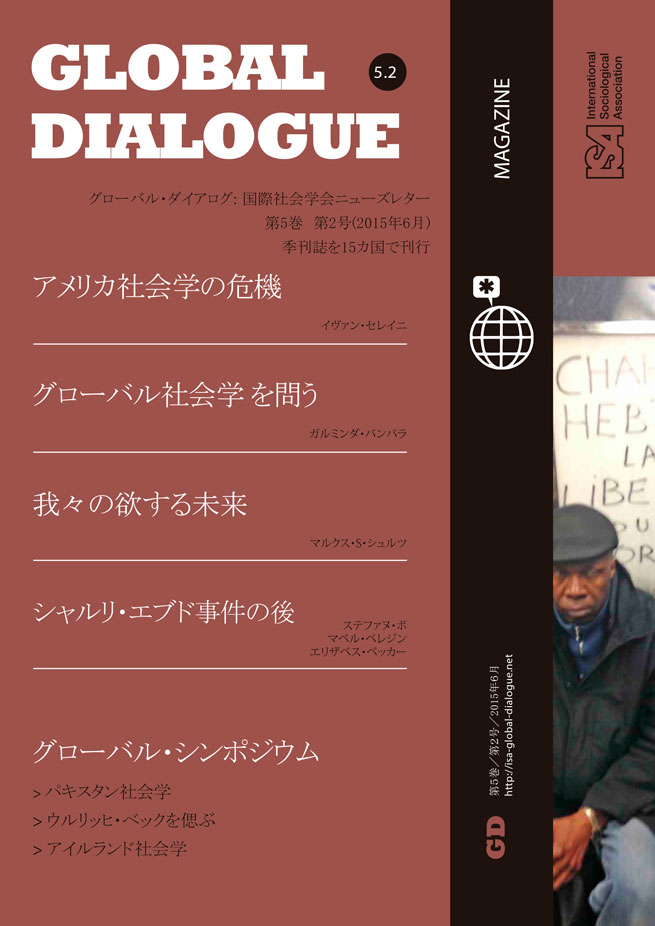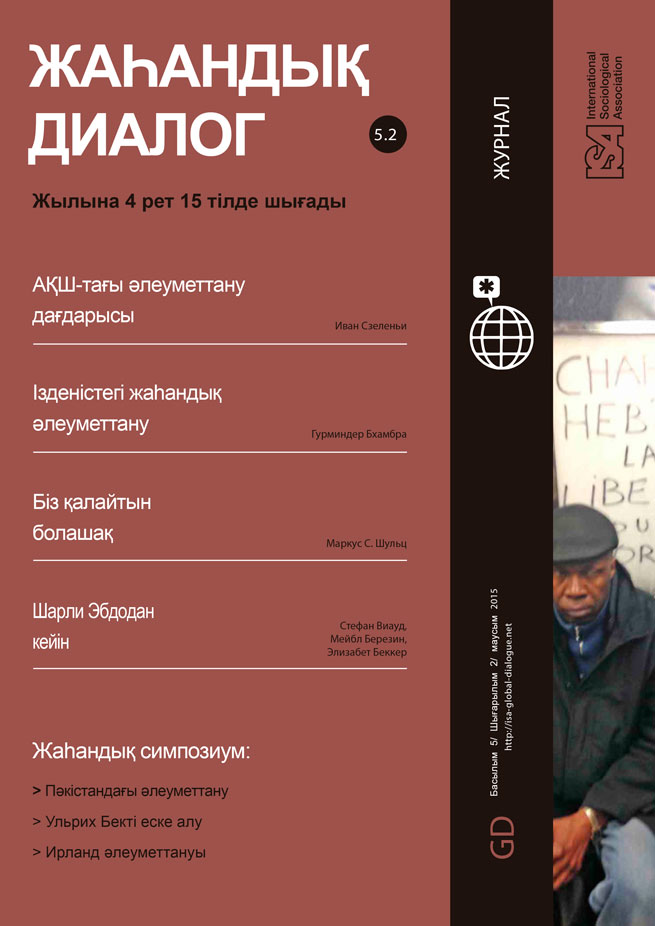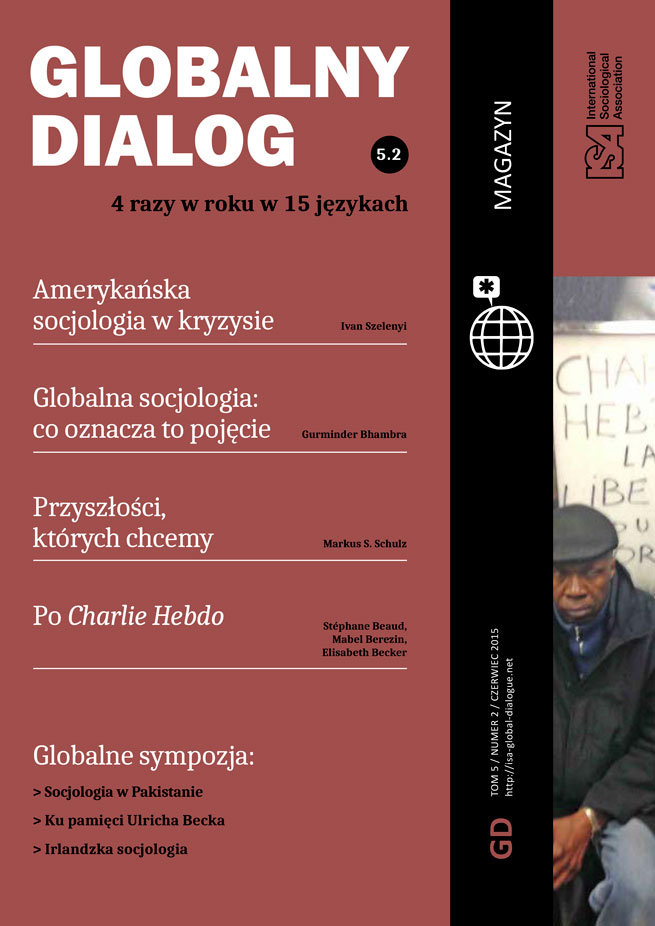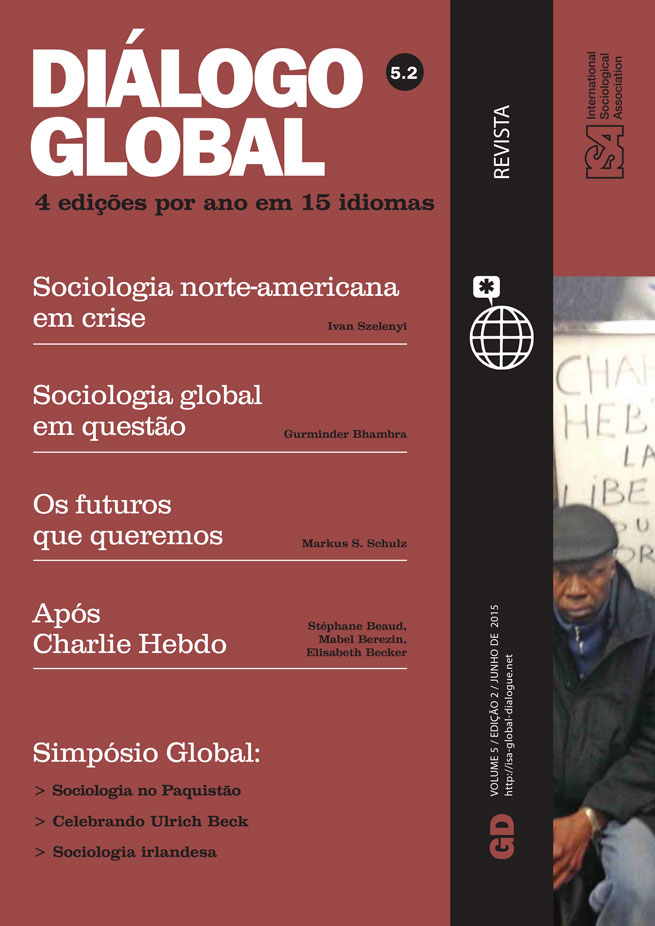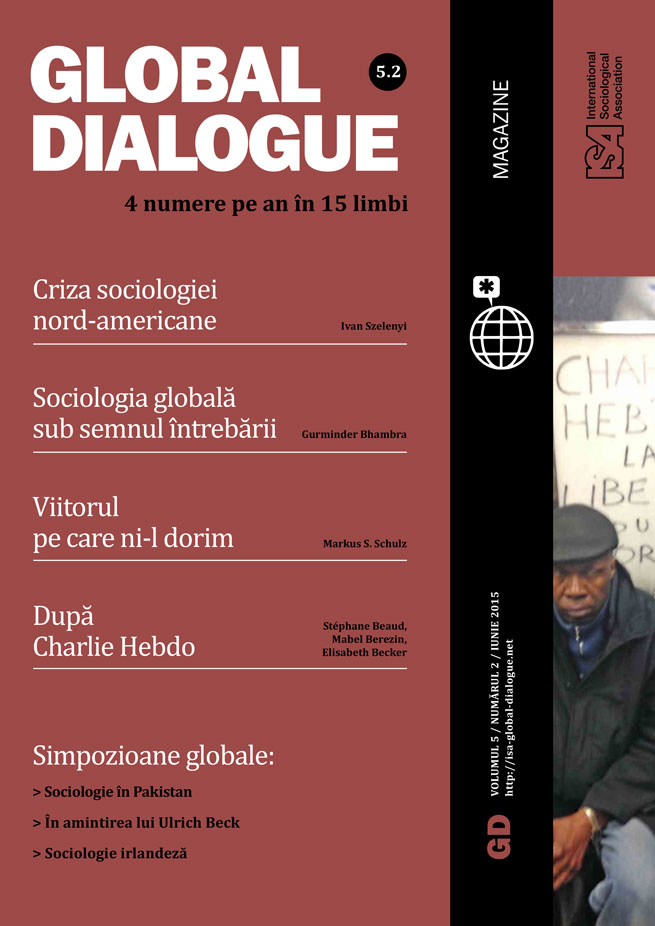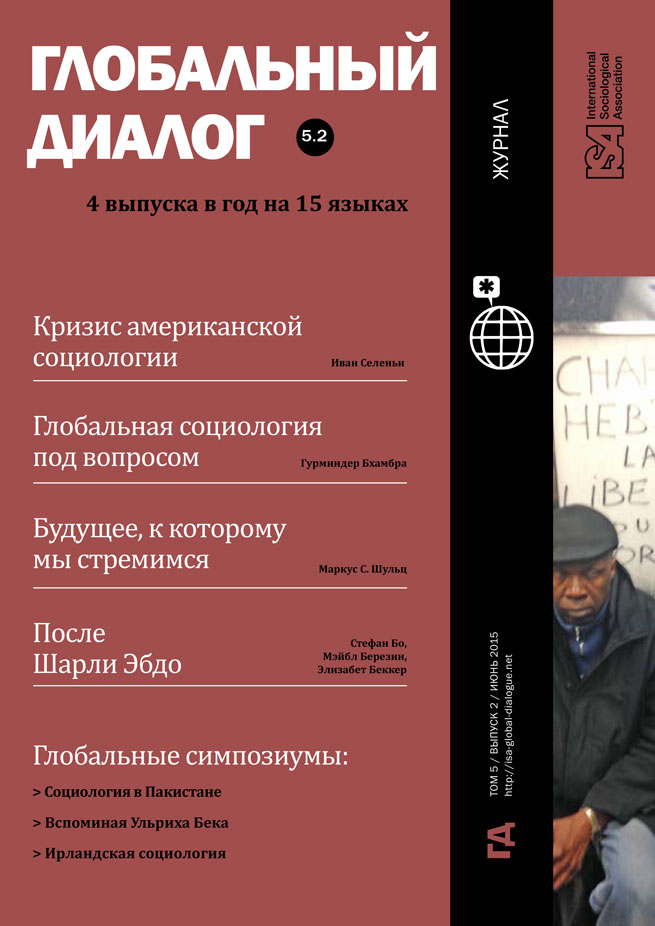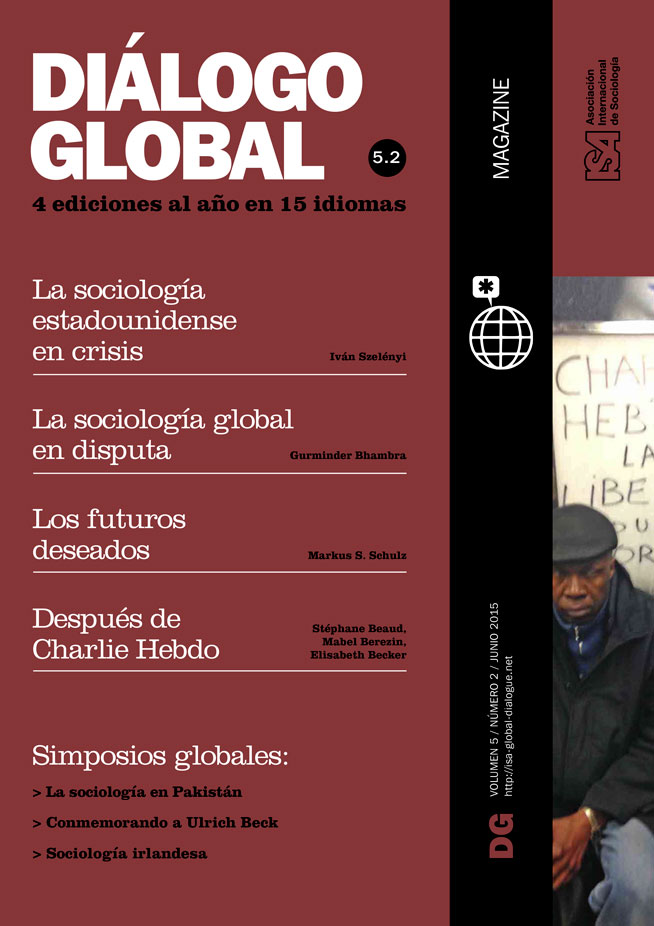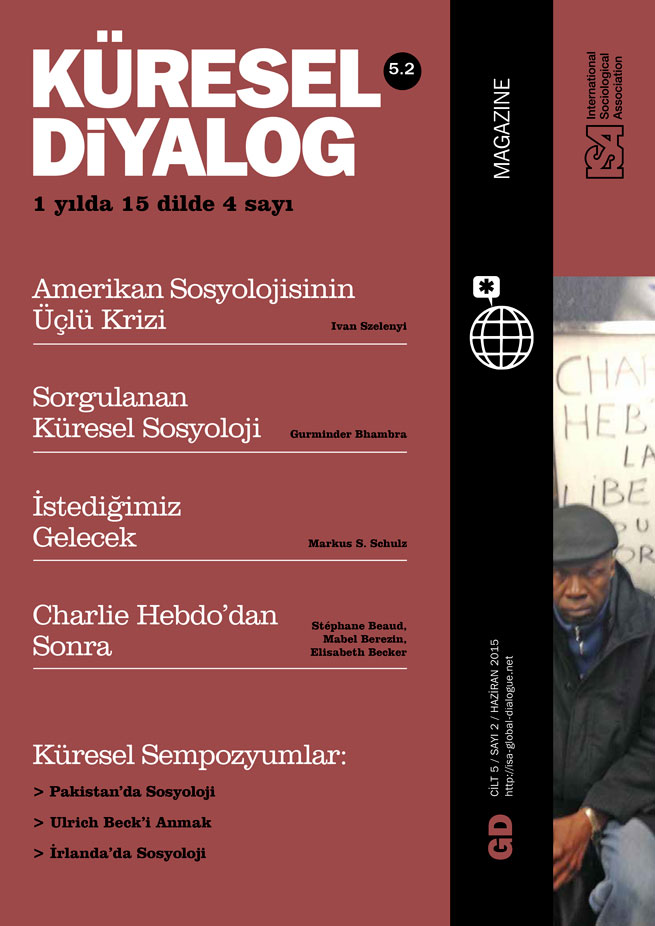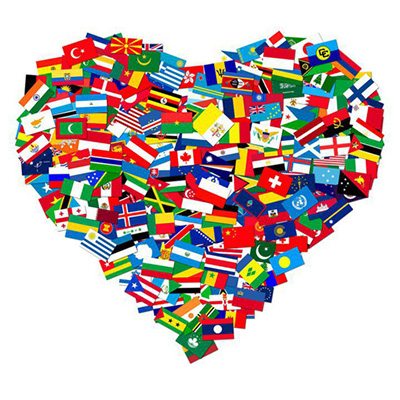Read more about Sociology in Ireland

The Irish Women’s Movement
by Pauline Cullen

In Defense of the Public Realm
by Mary Corcoran

Ireland’s Journey to Economic Disaster
by Sean O'Riain
April 30, 2015
Once famous for its emigration, Ireland is today a more global nation, the result of immigration during the boom of the 1990s and 2000s. Contrary to many expectations, not all immigrants who came to Ireland during the boom went “home” to Poland and elsewhere during the economic bust of 2008. Indeed, many stayed and started families. As regards the Irish themselves, while many left in the 1980s, many also returned during the boom – particularly the more highly educated, bringing back global experiences and often non-Irish partners, children and transnational networks. All of this has worked to make Ireland an increasingly global hub of communication.
By 2011, the Irish Census found that 17% of the Irish population indicated that they had not been born in Ireland, an increase of 25% from 2006. Again in 2011, 12% indicated they did not have Irish nationality. While 85% of the population indicated that they were white and Irish, there was also an 87% increase between 2006 and 2011 in the population with non-Chinese Asian ethnic background (mainly Indian, Pakistani, and Filipino), most of whom were under the age of 40. Over half a million (514,068) of the 4.5 million Irish residents spoke a foreign language at home in 2011 and, unsurprisingly, Polish was by far the most common, followed by French, Lithuanian and German. On top of these demographic changes, technology also enabled new transnational practices. The rapid expansion of broadband and wireless capabilities in Ireland and abroad have meant that 81% of people in Ireland in 2012 connected to the world via the Internet up from 61% in 2008.
What do this increasing volume of contacts and the rise of intimate transnational connections between Irish and non-Irish people mean for relations within and beyond Irish society?
Families – in their diverse forms – are at the crossroads of intersecting institutions that shape cultural understandings of love and intimacy, determining which loves and intimacies are seen as legitimate and which are not. These understandings often take the form of repertoires of emotional behaviors. These transnational families and emotional practices have become ever more central to Irish everyday life. We know from the Census 2011 that there are “mixed Irish/non-Irish” households. This could be family members with different nationalities such as Irish-born children and their Nigerian-born parents who live together or groups of friends from different nations living communally in a single household. Some ethnic groups have particularly high rates of living in such “mixed” households, including those from the USA (72%), UK (64%) and Nigeria (77%).
With increasing ethnic/racial diversity, mixed Irish/non-Irish households, and a diversity of family forms in Ireland, Ireland has experienced the growth of a family-based multiculturalism, what Ulrich Beck calls “global families.” These families are often interracial, intercultural, interfaith, and multilingual, connected to others outside Ireland and across the world through electronic media. 29% of Internet users in Ireland in 2012 reported they used webcam technology to videoconference, thereby creating and maintaining transnational emotional support networks.
How are these increasingly diverse families serving as a hub for social networks connecting Ireland to the world? As already suggested, one of the main vehicles for transnational connections is not economic, but emotional and cultural ties, increasingly sustained through the use of digital technology. The use of Skype webcam technology allows families in Ireland to create spaces of “transconnectivity,” simultaneously practicing belonging across vast temporal and geographic distances. This in turn subtly shapes how people “do” emotion work with multiple platforms (polymedia) of digital technology. Elliott and Urry argue that the increasing use of technology has led people to “bank” their emotions into technological devices (such as text messaging and photos on line) for withdrawal at a later time – “the individual might be said to be engaged in an act of ‘emotional banking’ depositing affects, moods, dispositions into the object world and storing such aspects of self-experience until they are withdrawn for future forms of symbolization and thinking” (Elliott and Urry, Mobile Lives, 2010: 39). In addition to emotional banking, these transnational families also engage in practices of what I call “emotional streaming,” through continuous and ongoing interaction using the webcam.
Skype webcam use is not simply used as a voice call with a small visual aspect – sitting at the computer screen in a face-to-face headshot. Instead, continuous webcam use is more like “streaming” a video or movie on line and is used as a “window” into the movement, noise and chaos of everyday life over hours, not minutes. Using Skype, sometimes daily and for long periods of time, to stay in touch with their loved ones, makes users solidify emotional ties and create a sense of belonging across space and time. The use of the webcam helps transnationally connected families to cope with and respond to conditions of time and space intensification – de-intensifying emotional interaction by leaving the webcam on all day and enabling ongoing long-distance interaction.
New households in Ireland are changing not only the demographic structure of the society but also the geographic reach of the family itself. With these new technologies, families are changing the ways that Irish people – and the increasingly diverse people they are connected to – live their emotions and their intimate lives.
Rebecca Chiyoko King-O’Riain, National University of Ireland Maynooth, Ireland <Rebecca.king-oriain@nuim.ie>
This issue is not available yet in this language.
Request to be notified when the issue is available in your language.
If you prefer, you can access previous issues available in your language:
